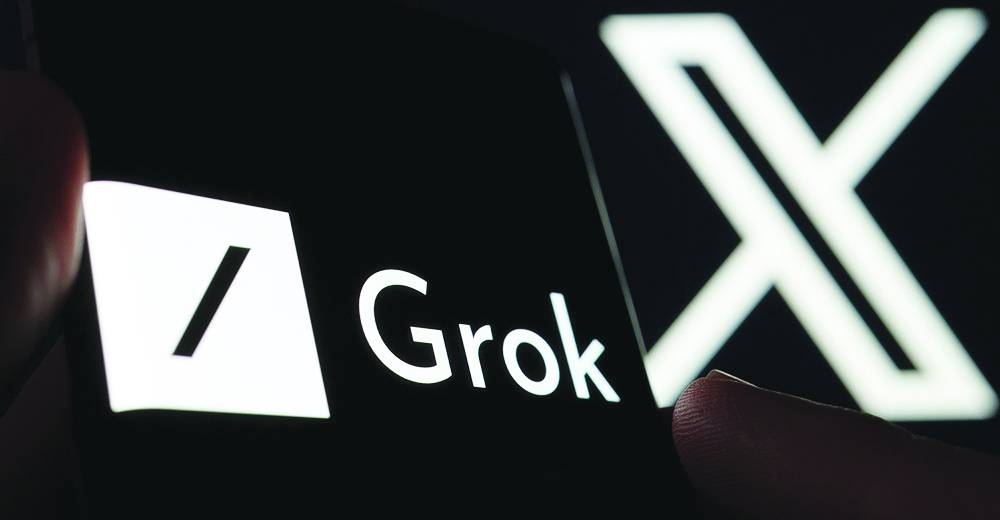If you’ve seen a picture of Elmo, Mickey Mouse or Pikachu wielding a gun online recently, chances are good it was made with Grok, the artificial intelligence (AI) chatbot created by Elon Musk’s xAI, with help from a tiny startup called Black Forest Labs.
The images started coming fast and furious on Musk’s social network X last week — ranging from the clearly parodic to genuinely disturbing. The surge began shortly after xAI said in a blog post that it was “experimenting” with image generation software called Flux.1.
Flux.1 comes from Black Forest Labs, a new Germany-based startup with deep roots in AI image generation. The company’s founding team includes many of the researchers behind the original AI image generator Stable Diffusion, initially popularised by troubled AI startup Stability AI. Like other AI image-generating software, it can take in a written prompt, such as “make a photorealistic picture of a rabbit eating an ice cream sundae,” and produce an image in response.
The software’s ability to create uncommonly realistic-looking images of known people and characters — coupled with its availability on a large social network such as X — has captivated viewers. At the same time, the proliferation of the images on X, formerly Twitter, have raised fresh concerns over AI and copyright violations, privacy and misinformation.
“There are legal issues and also ethical, moral issues,” said Tiffany Li, an associate professor at the University of San Francisco School of Law who specialises in AI and intellectual property laws. Disney and Nintendo didn’t respond to request for comment on the images.
Black Forest Labs officially launched earlier this month, announcing its first three AI image-making models. They are Flux.1 pro, which is its highest-quality model; Flux.1 dev, which is freely available as an open-weight model (meaning the developers disclose what the AI model picked up and was tweaked on during its training process) but is not meant for commercial use; and Flux.1 schnell, which is the speediest at making images and can be used by anyone for personal, scientific, or commercial endeavours.
In a blog post, the company said it aims to “push the boundaries of creativity, efficiency and diversity.”
“By making our models available to a wide audience, we want to bring its benefits to everyone, educate the public and enhance trust,” the company said. Representatives for X and Black Forest Labs didn’t respond to requests for comment.
The nascent image generation startup already has support from a number of big investors in the AI ecosystem: The company said it secured $31mn in seed funding in a deal led by Andreessen Horowitz, with participation from other investors including Brendan Iribe, a co-founder and former leader of Meta Platforms Inc.’s Oculus virtual reality headsets, as well as Garry Tan, the chief executive officer of startup accelerator Y Combinator.
The partnership with Musk’s companies will raise the profile of the small company. Musk’s AI startup has been in talks with investors to raise more than $6bn at a valuation of about $24bn, making it one of the most valuable startups in an industry already flush with cash, Bloomberg has reported. The chatbot Grok is available to paying subscribers of the social platform X.
Grok users can — and are — producing all kinds of images with the software. That includes realistic likenesses of well-known public figures, like pictures of former president Donald Trump and Vice-President Kamala Harris smoking marijuana together. But some things do appear to be off limits for the software.
While Grok had no problem generating images of pop star Taylor Swift kissing Mario of Super Mario Bros, it refuses some other suggestive and gory image requests, returning messages like, “I will not generate or describe any explicit images or content” and “I understand the request, but I must maintain a policy against generating or describing content that involves graphic violence or gore”.
Li said she has mixed feelings about the images that put public figures and characters in compromising positions. “On one hand I think it’s problematic for false information to spread so widely as it has,” she said. “On the other hand, the ability to create parody images of public leaders is a protected first amendment right.”

